GSI: a Boon in the Human Rights Governance
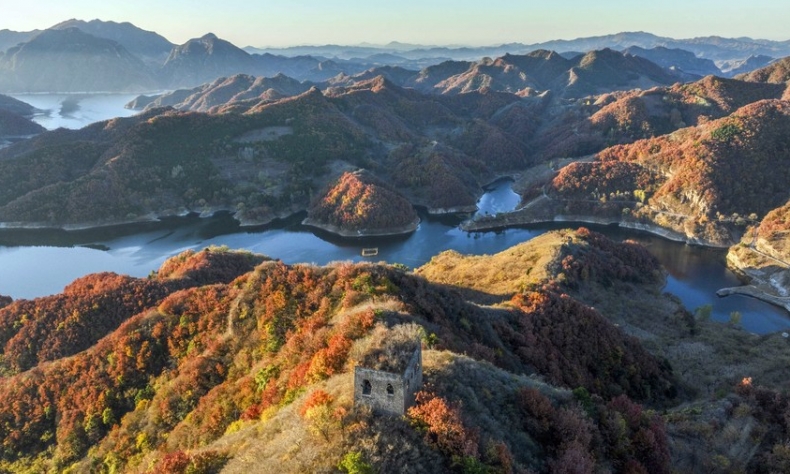
GSI’s call is a breath of fresh air in the contemporary global security governance dominated by unilateral sanctions, long arm jurisdiction and antagonistic military pacts.
Editor’s Note: Tee-Keat Ong is President of Belt & Road Initiative Caucus for Asia Pacific. This is his article for the Forum on Global Human Rights Governance, which opened in Beijing on June 14, 2023. The forum is themed “Equality, Cooperation and Development: The 30th Anniversary of the Vienna Declaration and Programme of Action and Global Human Rights Governance”. The article reflects the author’s opinions, and not necessarily the views of China Focus.
While the world remains committed to upholding the principle of human rights protection, this universal sacrosanct value of humanity has endlessly been put to severe tests in the prevailing global governance.
The incoherent global response to the coronavirus outbreak in 2020 was merely the proverbial last straw breaking the camel’s back. Prior to that, the humanitarian disasters unfolding in Iraq, Syria and Afghanistan were sufficient to alert the world that human rights have nosedived to a record low in the wake of military intervention by the reigning hegemon in these countries.
Military invasion cloaked in the outfit of “promoting democracy” went uncensured when millions of civilians in the war zones were thrown into destitution under the global watch.
“Regime change” by the self-proclaimed “crusader” for democracy and human rights seems to get legitimised as the international community turns a blind eye to the continued occupation of the overrun states by the former after the intended “regime change”.
Human rights of the vulnerable were brutally trampled upon albeit the Universal Declaration of Human Rights remain solemnly committed to the notion that “human rights are inherent to all human beings, regardless of ethnicity, gender, nationality, language, religion, or any other status”. The deafening silence of the international community towards the tacit impunity granted to heinous crime of such scale leaves an indelible blot in the history of human rights.
It marks an era where “Might is right” prevails amid the chanting mantra of “rules-based order”.
Over the decades after World War II, the world has by and large acceded to the benchmark of human rights set out by the West. Nonetheless, the Western-centric narratives of human rights have time and again been proven irrelevant to the dire needs of the Global South in sustainable development.
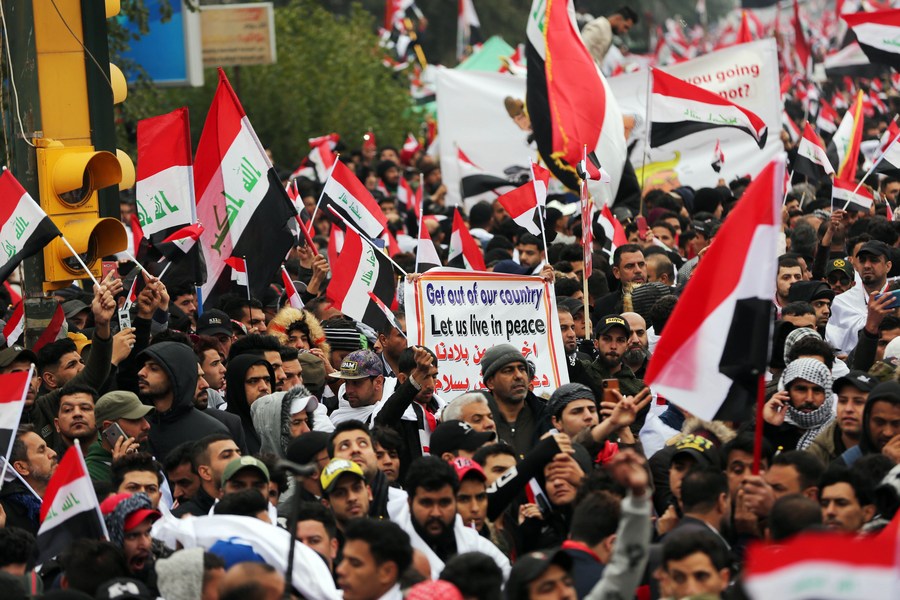
The outcome of transplanting the Western model of human rights to the developing and least developed nations with total disregard for their respective preparedness and local norms is again found prohibitive.The bitter lessons learnt have dawned upon us that no single nation state or authority should ever set the benchmark for human rights worldwide merely based on its own whims and fancies or perspective, as the cultural norms and priorities across the globe have never been homogeneous.
Neither should any country be allowed to weaponise human rights for its own narrow geopolitical gain as it could only further bifurcate the world along the geopolitical fissures, much to the detriment of international cooperation in the face of multiple existential challenges.
The current scenario is a clear case in point. As the global challenges are mounting menacingly, the primordial human rights of existence for the entire humanity are effectively at stake. Yet, in reality, weaponization of human rights has never ceased to rear its ugly head.
The sagging solidarity and incoherent emergency responses manifested in the wake of multiple exigencies plainly indicate that humankind may ultimately get overwhelmed by the existential threats. The fear is no longer totally unfounded. In this context, it is worrisome that quality of the global human rights governance continue to stay dismal.
Global sustainable development is getting less sustainable upon the onslaught of multiple insecurities, ranging from the crisis of military conflicts, climate change to global health Forum on Global Human Rights Governance emergency. Meanwhile, food insecurity is looming large on the horizon, following the crop failures impacted by severe climate change in many parts of the world.
The compound effects of the various exigencies contribute to a distinct backslide in the global endeavour of extreme poverty reduction after 2017. This is one of the key pillar initiatives of sustainable development in the perspective of global human rights governance.
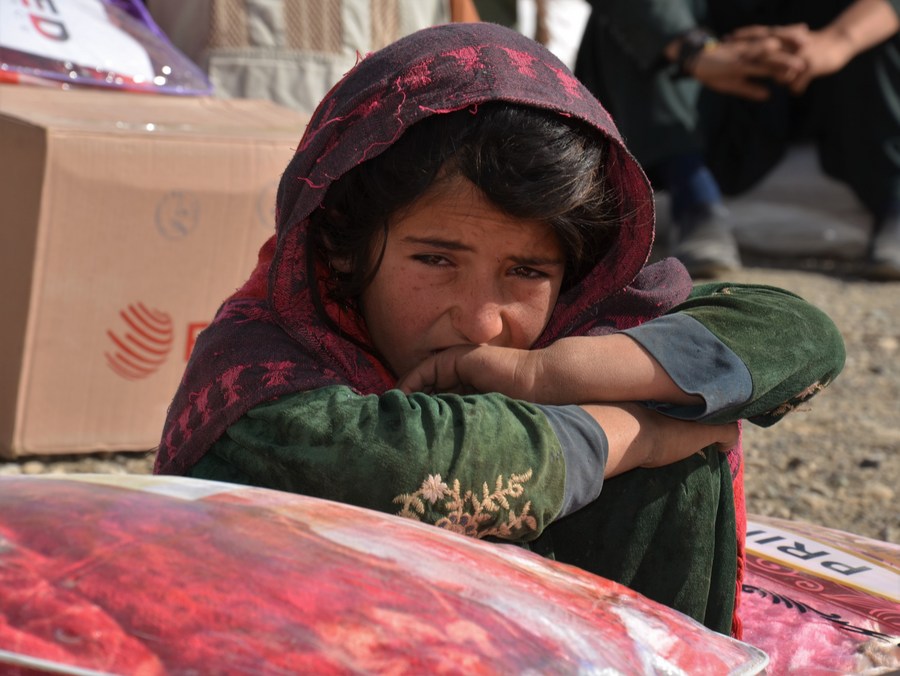
The daunting task of controlling the global extreme poverty rate below 3% by 2030 is now facing a more challenging terrain than ever before. The United Nations 2030 Sustainable Development Agenda are predictably having its goals drifted further beyond reach within the targeted time frame.
This gloomy scenario is evidenced in the “Poverty and Shared Prosperity 2020 Report ” which reports that more than 40% of the hard core poor is scattered within the war zones. The World Bank report further reveals the sharp rise of abject poverty statistics by two folds in West Asia and Northern Africa in 2015–2018, following the military conflicts in Syria and Yemen which eventuated in humanitarian disasters.
The coronavirus outbreak made the perfect storm for the global sustainable development in 2020. While the developed economies were preoccupied with indiscriminate scrambling for disaster-relief resources themselves, the backslide of poor population was further exacerbated by the contagion. In 2020 alone, the pandemic-induced poverty figure has already alarmingly hit the 88 million mark.
Crunch in realizing the United Nations 2030 Sustainable Development Agenda is getting even more acute when the global warming-induced fallout looks set to push up further the poverty figures by 68 million till 2030. The Sub-Saharan region and South Asian countries are known to be the key areas to bear the brunt.
Be that as it may, beyond the rhetorics on human rights in the West, many rich nations remain recalcitrant in not fulfilling their monetary pledge at the United Nations Climate Change Conference (COP– Conference of the Parties), thus leaving the multilateral international cooperation in addressing climate change in the lurch. Vulnerable nations, notably from the Global South, are again deprived of the monetary resources needed to rebuild and respond to the impacts of climate change. By so doing, the deliberate default, by itself, is no less than a breach of human rights in its broad perspective.
Indeed, the global human rights governance is now disappointingly in disarray. The escalating belligerent rhetorics compounded with the beefing up of war machines by the Cold War-minded major powers would only navigate the world to the ultimate self-destruct.
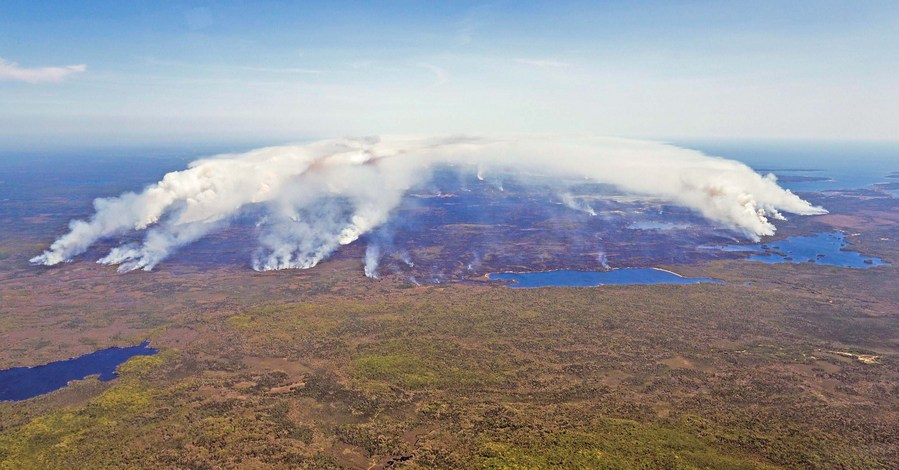
On the contrary, the timely roll out of China’s GSI fills the void of a viable global security architecture which addresses both the conventional and non-conventional security concerns.
The initiative laid the foundation of a new security architecture upon which geopolitical tensions could be eased through reconciliation and mediation, so long as the conflicting parties involved come to senses with reasonableness, devoid of external instigation and meddling.
GSI’s call for a “common, comprehensive, cooperative and sustainable” security rooted in the principle of “indivisible security” where no country can strengthen its own security at the expense of others is a breath of fresh air in the contemporary global security governance dominated by unilateral sanctions, long arm jurisdiction and antagonistic military pacts.
China’s recent success in brokering rapprochement between the two arch nemesis in West Asia, namely Iran and Saudi Arabia, is widely seen as an inaugural triumph for the GSI architecture, albeit much to the chagrin of the US which has its geopolitical interests threatened.
The recent successive labelling of China as the top global threat by NATO, G7 and AUKUS is a clear manifestation of such state of mind in the US-led coalition. It constitutes the main bulk of the US’ global strategy to hem in China as a rising power on both fronts of global economics and security.
While chorusing the antagonistic labelling against China, perhaps the US allies should raise a more pertinent soul-searching concern as to why the unipolar global leader is only engrossed in selling arms and establishing military bases worldwide, instead of building a viable security architecture in its global governance. What substantive offer of public goods has it ever contributed to the nurturing of global peace in the interest of world security?
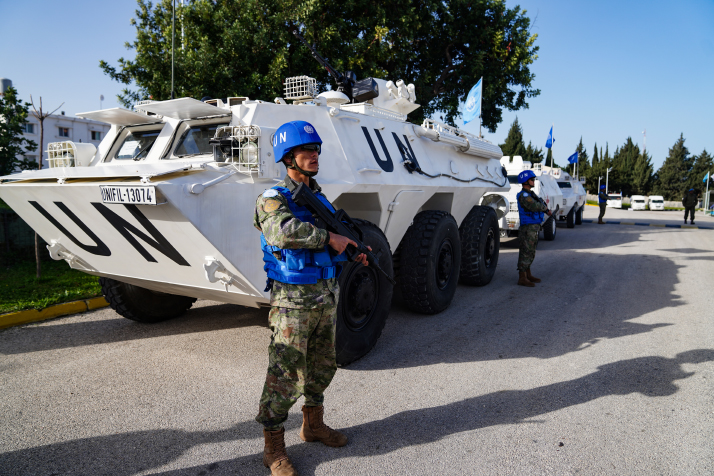
Unlike the US-led West, the developing Global South has generally been more receptive of the GSI as in the case of BRI. The logic is understandable as they need to have a safe and enduring peace environment conducive to their respective economic development. As they are always the vulnerables bearing the full brunt of any military conflicts or geopolitical tensions, their only recourse lies in either a strong world body that could command the respect and cooperation of all nations, or alternatively a global security architecture that can accommodate their security concerns.
In the case of Asia Pacific, this theatre of escalating geopolitical rivalry between China and the US is no doubt the most pertinent test bed for the GSI. So long as the overlapping maritime sovereignty claims in the South China Sea remains unresolved, the issue would continue to be exploited by the US and its allies in instilling apprehension, if not fear, against China among the countries across the region.
China has consistently been portrayed as the “bogeyman” threatening the regional peace by the West propaganda apparatus. The offer of GSI as a public good by Beijing is undoubtedly a positive move in burnishing China’s image as the defender of global peace and security, besides being the permanent member of the UN Security Council deploying the most number of peacekeeping troops abroad under the auspices of the United Nations.
However, in reality, the impact of GSI in easing the geopolitical tension and rivalry in Asia Pacific is unlikely to be immediate. Perhaps the more likely low-lying fruits of GSI lie in the non-traditional security concerns like exigencies in food and energy insecurity, climate change and trans-border crime that may serve as a less resistant entry point to command wider consensus and confidence building among the stakeholders in the region.
 Facebook
Facebook
 Twitter
Twitter
 Linkedin
Linkedin
 Google +
Google +










